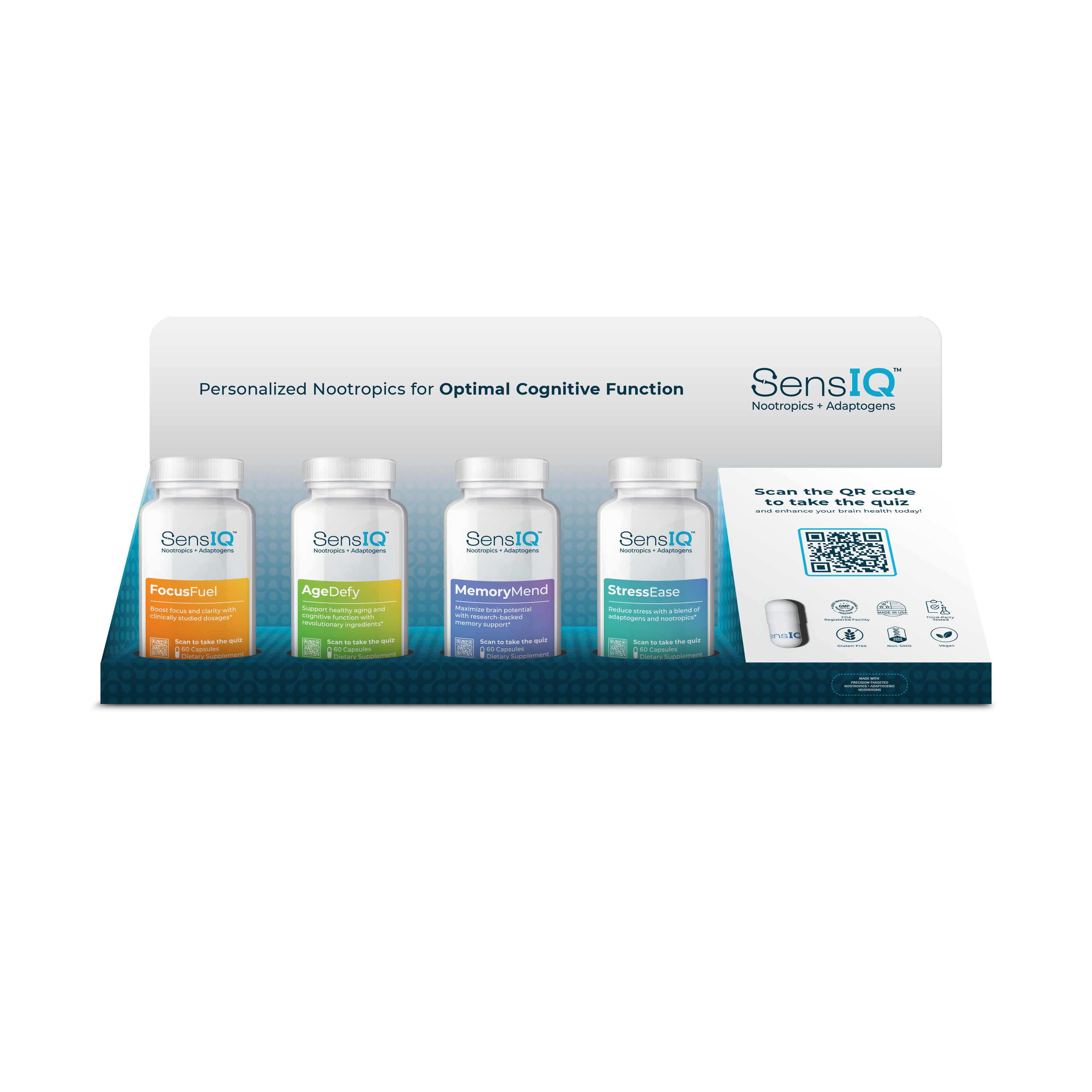For healthcare practitioners focused on integrative and functional medicine, understanding the role of cognitive health within the broader context of patient wellness is crucial. However, the world of nootropics, substances that can enhance cognitive function, may still be an unfamiliar terrain for many. In this blog post, we aim to shed light on the science of nootropics and their potential applications within a patient care setting.

Defining Nootropics
Nootropics, also known as ‘smart drugs’ or cognitive enhancers, are substances that can potentially improve cognitive functions such as memory, creativity, and motivation. They include various categories like choline sources, racetams, and adaptogens, each having its unique mechanism of action to optimize brain health.
Scientific Studies on Nootropics
Numerous scientific studies have explored the potential benefits of nootropics on cognitive health. For instance, Bacopa monnieri is known to enhance memory and cognitive abilities, Lion’s Mane mushroom can potentially support nerve growth, and Ashwagandha is often associated with stress reduction and neuroprotection.

Safety and Effectiveness
As with any supplement, the safety and effectiveness of nootropics are of utmost importance. While nootropics are generally considered safe, potential side effects and interactions with other medications should be considered. Practitioners should therefore guide patients towards high-quality nootropic products that are backed by solid research.

In the ever-evolving world of healthcare, staying informed about advancements like nootropics is essential for providing comprehensive patient care. With an understanding of the science behind nootropics, healthcare practitioners can be better equipped to guide patients seeking to enhance their cognitive function safely and effectively.

Disclaimer: This blog post is intended for informational purposes only and is not a substitute for professional medical advice, diagnosis, or treatment. Always seek the advice of your healthcare provider with any questions you may have regarding a medical condition.
References
Faraone, S. V. (2018). The Pharmacology of Amphetamine and Methylphenidate: Relevance to the Neurobiology of Attention-Deficit/Hyperactivity Disorder and Other Psychiatric Comorbidities. Neuroscience & Biobehavioral Reviews, 87, 255–270. https://doi.org/10.1016/j.neubiorev.2018.02.001
Pase, M. P., Kean, J., Sarris, J., Neale, C., Scholey, A. B., & Stough, C. (2012). The cognitive-enhancing effects of Bacopa monnieri: a systematic review of randomized, controlled human clinical trials. Journal of Alternative and Complementary Medicine, 18(7), 647–652. https://doi.org/10.1089/acm.2011.0367
Lai, P.-L., Naidu, M., Sabaratnam, V., Wong, K.-H., David, R. P., Kuppusamy, U. R., Abdullah, N., & Malek, S. N. A. (2013). Neurotrophic properties of the Lion’s mane medicinal mushroom, Hericium erinaceus (Higher Basidiomycetes) from Malaysia. International Journal of Medicinal Mushrooms, 15(6), 539–554. https://doi.org/10.1615/intjmedmushr.v15.i6.30
Singh, N., Bhalla, M., de Jager, P., & Gilca, M. (2011). An overview on ashwagandha: a Rasayana (rejuvenator) of Ayurveda. African Journal of Traditional, Complementary and Alternative Medicines, 8(5 Suppl), 208–213. https://doi.org/10.4314/ajtcam.v8i5S.9

